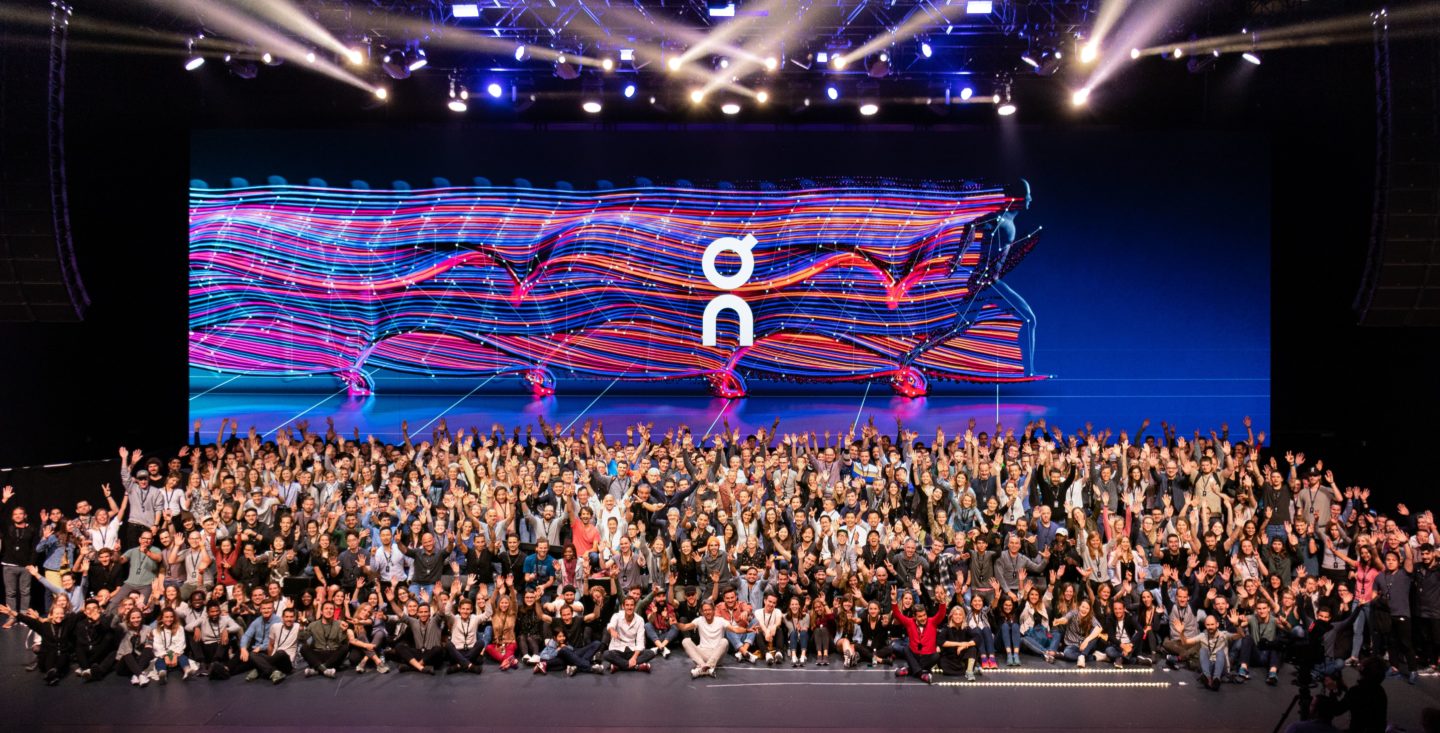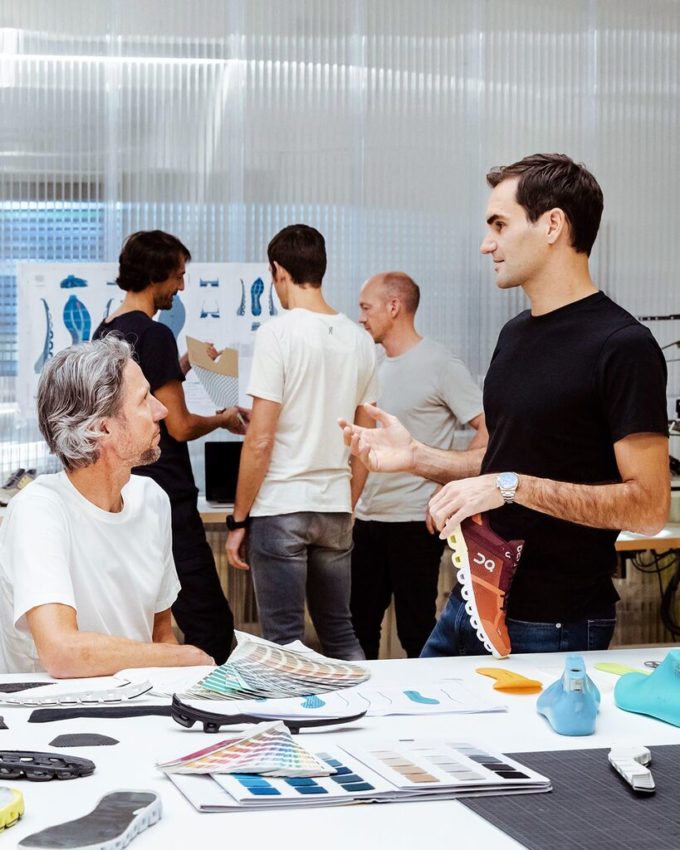
Navigating the data-driven landscape: the role of ambidextrous leadership
Leveraging real-world data can be transformative, and leaders need to both transform their core activities and pursue new opportunities....

Published 27 August 2021 in Finance • 4 min read
Swiss media has been full of reports about On’s planned Wall St debut, with valuations for the still small company reaching $7-8bn – but only top-flight brand building and ecommerce skills will allow for growth, said Howard Yu.
“That valuation is really high. There’s an opportunity, but also a warning down the road”, said Yu, who is also the LEGO Professor of Management and Innovation.
Justifying the price – an official range for the share sale has not yet been revealed – will depend on massive sales growth, particularly in the huge Chinese market.
“They will have to grow really big in China. Their priority must be to develop faultless local infrastructure and recruit powerful local celebrities and ambassadors for the brand”, Yu predicted.
Swiss tennis star Roger Federer is already on board, both as symbol and shareholder. But Yu cautioned that, while Federer generated significant name recognition, tennis remained a niche sport in China, limiting his local impact.
“Federer is a gentleman, tennis maintains a certain glamour, and Switzerland has something of a mythical image. But to win in China, you’ve got to engage the whole population.”
That means gaining key influencers and opinion leaders, and developing strong digital sales and distribution capability. “Roger Federer is certainly an asset. But without full scale digital capability, it’s useless”, Yu warned.

Expanding sales in China requires using the local equivalents of Amazon and Instagram to engage consumers and popularize the special features of On products. Customers also need to be made aware of product personalisation potential and guaranteed fast shipment times, he said. Such attributes were particularly important for the young, trendy and digitally savvy Chinese buyers most interested in running shoes and athletic gear, said Yu.
On would also have to “cut through the noise” of other labels in the crowded and highly brand-conscious Chinese market. That would require expensive flagship stores, possibly along the lines of the Nike Labs, pioneered by the US group to engage customers. While the IPO would raise essential funds for investment, “this is hard work”, Yu noted.
“On looks very solid, but has a rather traditional business model for production and distribution. But in China people like to be able to customise ‘their’ product on the company’s website. That’s a key part of the buying experience. And they want to order and pay online on their smartphones and without having to download an app”, he added.
Yu’s remarks recalled comments about speed and efficiency made by Jane Sun, chief executive of Trip.com Group, China’s leading online travel platform. Ms Sun stressed the necessity of offering Chinese customers a vast range of services, all deliverable in minutes on a smartphone.

Some analysts have questioned the ability of On, which has fewer than 900 employees, to compete successfully in the long term against giants like Nike and Adidas. The US and German sports shoe and apparel makers have years of international experience and using sports stars to boost their products.
On, by contrast, has only recently turned profitable, while sales, though skyrocketing, remain modest compared with the giants. Revenues for the first half of this year leapt 85% to CHF 315.5 million ($344m), generating net profits of CHF 3.8m.
On’s lofty potential stock market valuation compares to the more modest $2-3bn of trendy eyewear brand Wasby Parker, which specialises in selling directly to consumers, or the $1.7bn of sports shoe maker Allbirds. Gap, a brand seen widely as in decline, but which still generates about $16bn of annual sales, was worth about $11bn. “What justifies On’s premium”, Yu asked.

LEGO® Professor of Management and Innovation as well as the director of IMD’s signature program, Advanced Management Program (AMP)
Howard Yu is the LEGO® Professor of Management and Innovation as well as the director of IMD’s signature program, Advanced Management Program (AMP). He is the author of the award-winning book LEAP: How to Thrive in a World Where Everything Can Be Copied.
Howard Yu is the Strategic Resilience in a Disrupted World program director.

16 October 2023 • by Mohan Subramaniam , Richard Roi in Asian hub
Leveraging real-world data can be transformative, and leaders need to both transform their core activities and pursue new opportunities....

2 October 2023 • by Kati Suominen in Asian hub
Asian governments should converge trade rules and improve the ease of doing digital business across borders so more enterprises can benefit from the e-commerce boom, says Kati Suominen....

28 August 2023 • by Mark J. Greeven in Asian hub
New IMD data will gradually shed light on sector-by-sector secrets of those firms reinventing themselves for the world’s second-biggest market with success...

17 July 2023 • by Jörg Wuttke in Asian hub
China’s economy may be coming back to life, but many headaches remain for foreign business in the country, says Joerg Wuttke, president of the EU Chamber of Commerce in China until May...
Explore first person business intelligence from top minds curated for a global executive audience